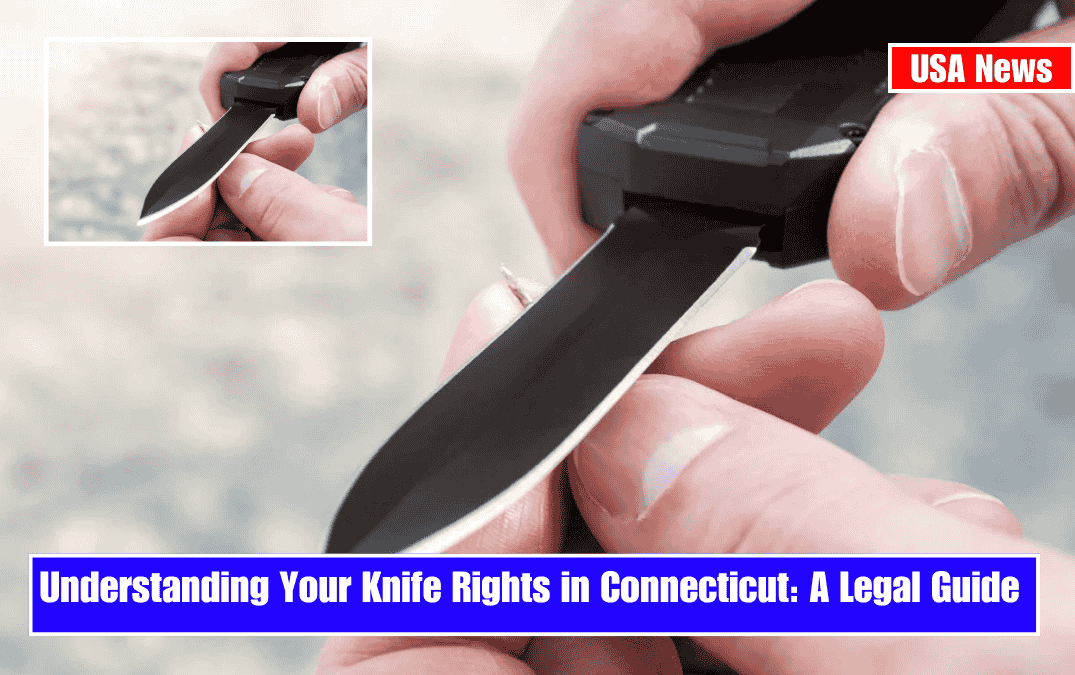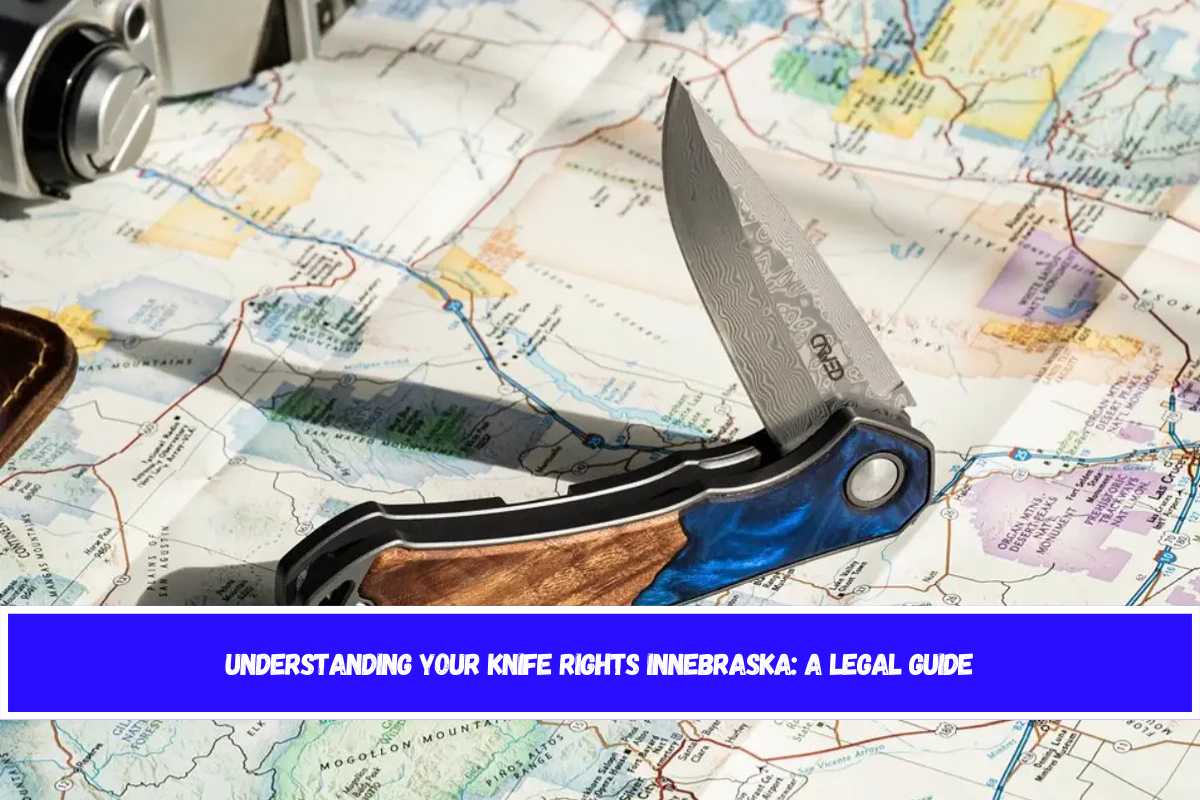Connecticut’s knife laws are nuanced, balancing individual rights with public safety. Below is a comprehensive guide to help you navigate the legal framework surrounding knife ownership, possession, and carry in the state.
Key Statutes and Restrictions
Connecticut knife laws are primarily governed by the following statutes:
- General Statutes § 53-206: Prohibits carrying certain knives classified as “dangerous weapons,” such as dirk knives, stilettos, and automatic knives with blades exceeding 1.5 inches.
- General Statutes § 29-38: Restricts carrying weapons, including knives, in vehicles.
- General Statutes § 53a-217b: Prohibits possessing knives on school grounds or at school-sponsored events, classifying violations as a Class D felony.
Blade Length Limits
The legality of a knife often depends on its blade length:
- Automatic Knives (e.g., switchblades): Legal only if the blade is no longer than 1.5 inches.
- Other Knives: Carrying knives with blades exceeding 4 inches is prohibited in public spaces or vehicles unless exceptions apply.
Open vs. Concealed Carry
- Connecticut law does not differentiate between open and concealed carry for legal knives. The focus is on the type of knife and its intended use rather than how it is carried.
- Carrying a knife with the intent to harm or frighten others can lead to criminal charges, regardless of whether it is concealed or openly displayed.
Restricted Locations
Certain areas have stricter regulations:
- School Grounds: Possessing any knife on public or private K-12 school property or during school-sponsored activities is a felony.
- Municipal Ordinances: Cities like Hartford and New Haven may impose additional restrictions on knife types and blade lengths.
Exceptions to Knife Restrictions
Connecticut law provides several exceptions for carrying restricted knives:
- Licensed hunters, fishers, and trappers may carry knives for lawful activities.
- Individuals transporting knives for repair or moving household goods are exempt if done peacefully.
- Authorized historic reenactments may also allow restricted knives.
Consequences of Violations
Violating Connecticut’s knife laws can result in severe penalties:
- Class D Felony: Punishable by 1–5 years in prison and fines up to $5,000 for offenses such as carrying prohibited knives or possessing them in restricted areas like schools.
Legal Precedents
The Connecticut Supreme Court has ruled that certain knives, such as dirk knives, are protected under the Second Amendment as “arms” (State v. DeCiccio, 2014). This ruling limits restrictions on such knives unless they are deemed “dangerous and unusual”.
Practical Tips for Compliance
- Ensure your knife complies with blade length restrictions (under 4 inches for general carry; under 1.5 inches for automatic knives).
- Avoid carrying knives in restricted areas like schools or government buildings.
- Familiarize yourself with local ordinances that may impose stricter rules.
- If carrying a knife for work, hunting, or fishing, ensure you have proper documentation (e.g., licenses) to support lawful use.
Connecticut’s knife laws require careful attention to detail to avoid legal issues. While the state allows ownership of various knives, restrictions on blade length and specific locations must be respected. Staying informed about both state and local regulations is essential for compliance.
SOURCES:-
[1] https://www.akti.org/state-knife-laws/connecticut/
[2] https://edc.ninja/connecticut-knife-laws/
[3] https://nobliecustomknives.com/us-knife-laws/connecticut-knife-laws/
[4] https://ravencresttactical.com/connecticut-knife-laws/
[5] https://en.wikipedia.org/wiki/Knife_legislation















